Empowering the local community at the Petra National Trust
This is the fifth post delving into key learnings from Putting the Local into Global Heritage: Balancing conservation, development, tourism, and community interests at the sites of the world’s National Trusts, an INTO study supported by a grant from American Express.
A year ago, INTO was studying ways in which National Trusts and other heritage conservation organisations around the world were engaging with their local communities. The timing ― in the midst of a worldwide pandemic ― was inauspicious. NGOs were reducing their staff and restricting work as funds dried up and visitation to their sites came to a standstill. Nonetheless, there were a number of organisations ― including the five involved as case study sites ― where innovative outreach had begun and was continuing in these most difficult of circumstances. Recently we returned to one of those organisations ― the Petra National Trust in Jordan ― to learn how their commitment to local engagement continued through 2021.
Providing practical support
As we noted in the report, the Petra National Trust (PNT) faces challenges that threaten the future of a unique and very fragile World Heritage Site. Petra, a city in southwest Jordan with monumental façades sculpted and built out of solid rock, is managed by a regional authority with support from PNT. The site welcomed 1 million visitors for the first time in 2019 in a city and region where there is a delicate balance to tourism that all parties struggle to manage. The over-reliance on tourism in the economy of the Petra region comes, in part, from government policies that favour international tourists and promote large-scale visitation.
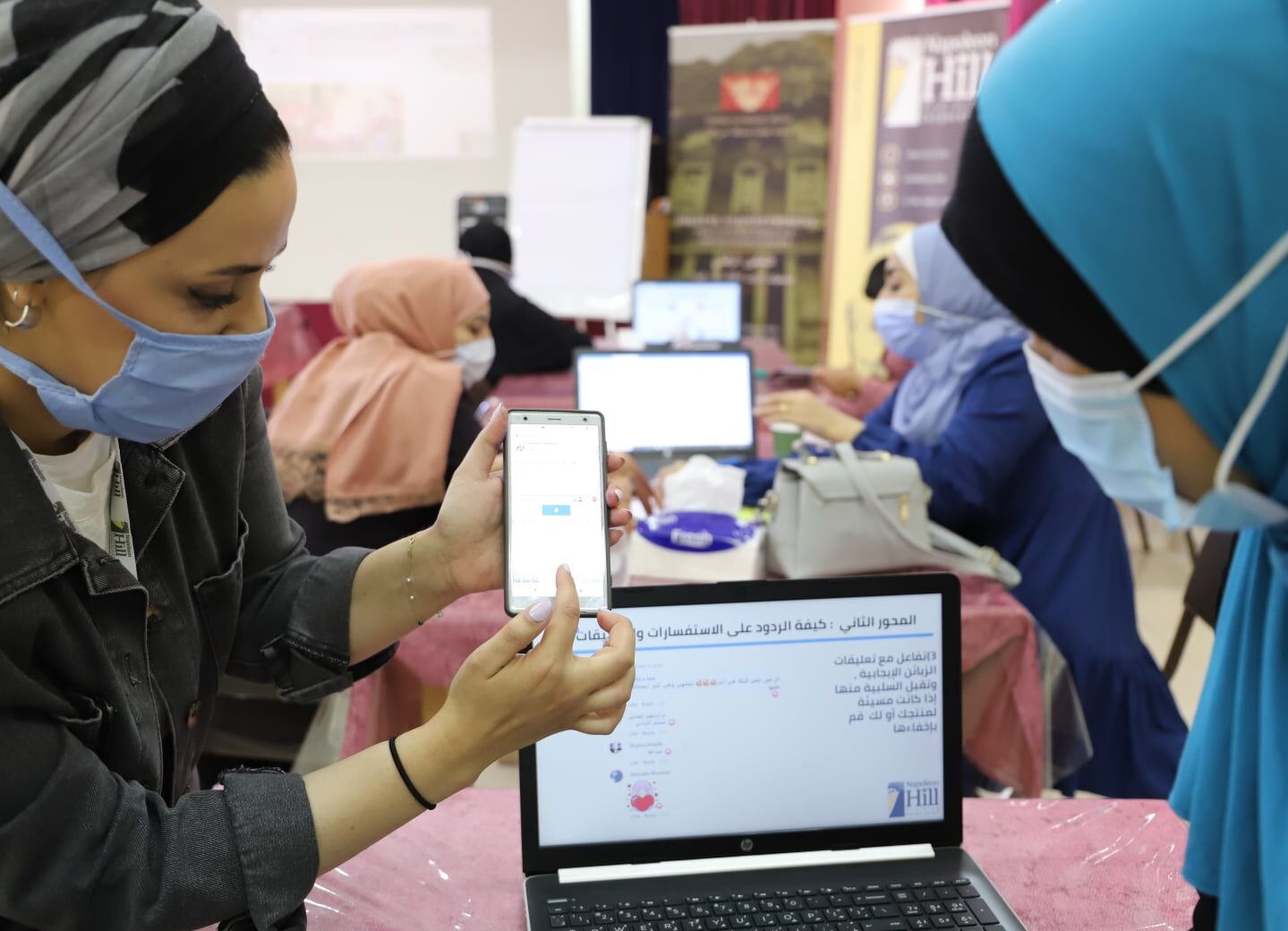
The key lesson learned from our examination of PNT’s work was that National Trusts and other NGOs should leverage their platform with government and industry to provide a voice for those local residents who are less powerful and among the least appreciated community stakeholders. We saw last year how PNT was using its various platforms to help shape government policy, to teach local citizens the value of sustainable tourism, and to retool educational materials and practices in a time of Covid.
When we returned to check on PNT’s work in 2021, many of these initial efforts had continued and broadened. Several specific programmes deserve special mention.
Community empowerment
A key challenge for local residents who are less powerful is the lack of digital access. PNT established a programme to address that need, aimed at building the capacities of local women’s associations and not-for-profit organisations in the Petra region through digital transformation of their businesses and in support of the local handicrafts sector. The specific aim was to make these groups more resilient and viable during and after the immediate impacts of Covid-19 on the region.
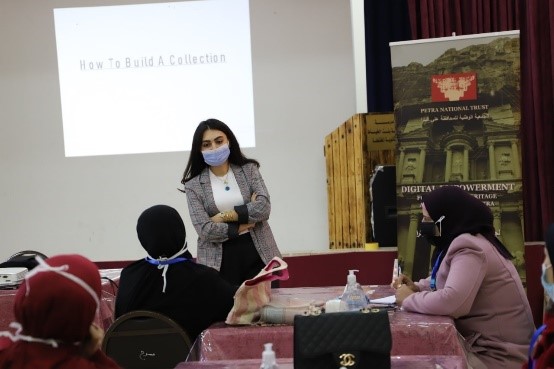
PNT launched the project in the autumn of 2020 with the participation of 13 local women’s associations within Petra’s six villages, with 1-2 participants per association. The Business Digitizing training including teachings in computer literacy; an introduction to social media platforms for businesses; messaging and content creation; social marketing (e-marketing) principles and skills; and work on branding, product design, and photography.
Product development and creative design training was tailored for the handicrafts sector, with a special class on trends for 2020. PNT also distributed laptops and financial aid to all 13 associations participating in the project to help them achieve smoother transition in the area of digital business development.
With support from PNT, some 60 eleventh grade students, working within the requirements of the International Baccalaureate, organized the Desert Rose initiative. The initiative aimed to support local communities in Petra, encourage integration and communication between these communities, and promote the Petra archaeological site with an emphasis on cultural identity.
The programme specifically empowered student-led initiatives. They were allowed to transform their regular experiences into effective and enriching ones that developed their capabilities to prosper and excel, in addition to deepening their sense of social responsibility, participation and innovation.
In a similar vein, PNT implemented a capacity building programme for young people with a focus on women from the six villages of the Petra region. This community empowerment effort featured several workshops for local cultural heritage associations that were designed to raise their capacities, awareness, and knowledge on effective and sustainable cultural heritage management and cultural heritage advocacy. Most importantly, they would learn to link this work with their daily lives and livelihoods. Fifteen participants from the local heritage associations made up the programme.
Another PNT effort at community engagement and empowerment was a weekly programme during Ramadan via the online platform Zoom. In all, 89 children (48 girls and 41 boys between the ages of 7-12) participated.
The programme was designed to engage the region’s children in online learning activities about cultural heritage and to entertain them through storytelling, friendly competitions using the Kahoot gaming platform, and arts and crafts. Each week focused on a specific subject that was interesting and relevant to the children and their cultural heritage.

This is just one of many examples of the PNT’s incredible education work which has been brilliantly digitised through the course of the pandemic.
These are now being brought together on a new digital learning platform specialised in cultural heritage education. The platform will make PNT’s educational programme available online using both self- and guided training methods. This will enable many children, youth and women to access a well-developed programme that will instil cultural heritage preservation principles across the generations. It will be launched in March 2022.
So even with limited ability to gather together in 2021, the Petra National Trust made remarkable strides to continue and expand its commitment to community engagement that was a highlight of the INTO Putting the Local into Global Heritage study.
Other blogs in this series
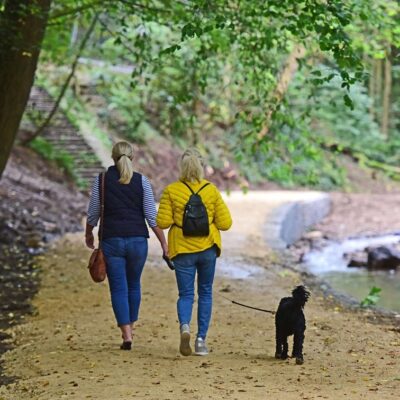
When heritage and conservation organisations take in community values, we have the opportunity to uncover hidden gems.

Social media can be used to engage those most affected by the work of National Trusts ― the communities surrounding our heritage sites.
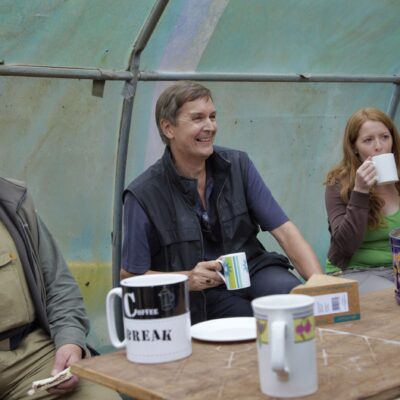
In this blog we talk the basics of community engagement with Cillian Murphy, engagement consultant for the National Trust of Northern Ireland.
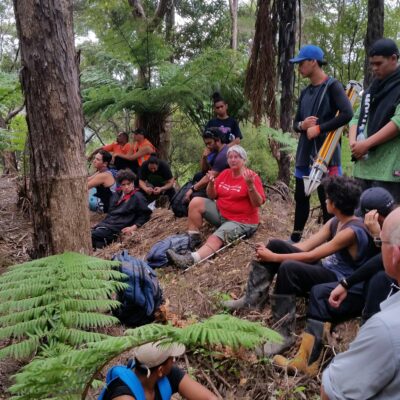
Read about the work of INTO member organisation Heritage New Zealand Pouhere Taonga in celebrating indigenous heritage in a bicultural society.
